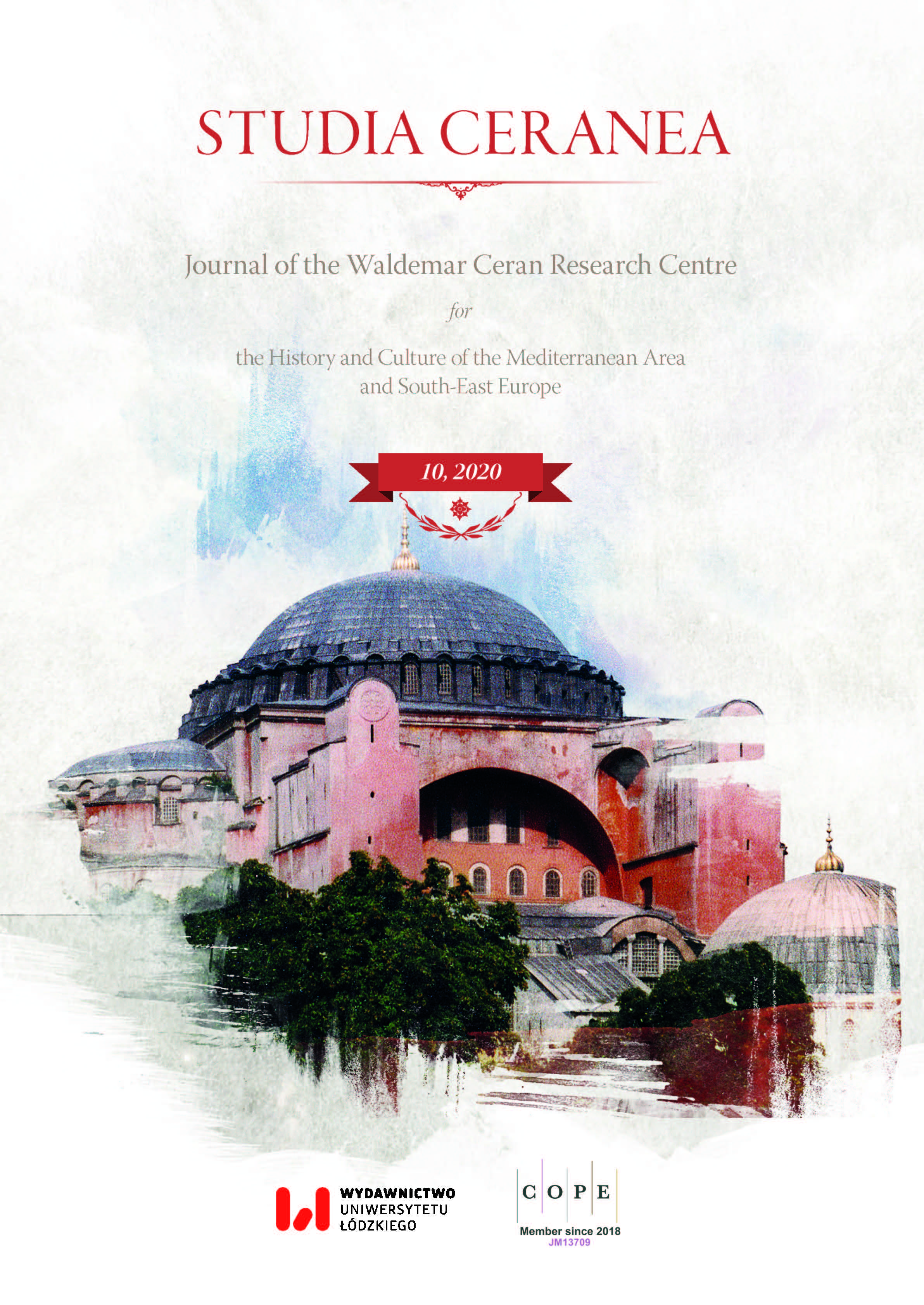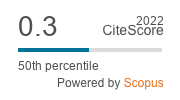Genealogy as a Method to Legitimise Rulership in Some Balkan and Scandinavian Sources
DOI:
https://doi.org/10.18778/2084-140X.10.10Keywords:
Icelandic sagas, the Nominalia, kings lists, genealogies, origin stories, legitimization, cultural memory, cultural identity, founding narratives, crisis literatureAbstract
This paper will focus on several sources from Scandinavia and the Balkans, and compare the types of genealogies portrayed in them – descent from gods, descent from another kind of supernatural being, descent from a legendary hero. The paper will examine the types of genealogies and the purpose they serve; how and why they were commissioned? Is there a difference in the establishment of the image of the ruler if the latter has descended from gods, legendary heroes, or a specific clan or dynasty? Does Christianity change the tradition of writing genealogies and the stories they retell? Are personal qualities enough to provide legitimate claims?
Downloads
References
Faulkes A., Edda, Prologue and Gylfaginning, 2005 (2nd ed.), http://www.vsnrweb-publications.org.uk/Edda-1.pdf
Google Scholar
Íslendingabók. Landnámabók, ed. J. Benediktsson, Reykjavik 1968 [= Íslenzk fornrit, 1].
Google Scholar
Jonsson F., Den Norsk-Islandske Skjaldedigtning, vol. I–II, København 1912–1915.
Google Scholar
Snorri Sturluson, Heimskringla, trans. A. Finlay, A. Faulkes, London 2011.
Google Scholar
Snorri Sturluson, Heimskringla, vol. I–III, ed. B. Aðalbjarnarson, Reykjavík 2002 [= Íslenzk fornrit, 26–28].
Google Scholar
Tacitus, Agricola; Germania, trans. et praef. H.B. Mattingly, J.B. Rives, London 2009 [= Penguin Classics].
Google Scholar
Tihomirov M.N., Imennik bolgarskih knjazej, “Вестник древней истории” / “Vestnik drevnej istorii” 3, 1946, p. 81–90.
Google Scholar
von Arnim B., Wer war Avitohol? (Zur Fürstenliste), [in:] Sbornik v čest na prof. L. Miletič za sedemdesetgodišninata ot roždenieto mu (1863–1933), Sofija 1933, p. 573–575.
Google Scholar
Assmann J., Collective Memory and Cultural Identity, “New German Critique” 65, 1995, p. 125–133, https://doi.org/10.2307/488538
Google Scholar
DOI: https://doi.org/10.2307/488538
Assmann J., Cultural Memory and Early Civilization. Writing, Remembrance, and Political Imagination, Cambridge 2011, https://doi.org/10.1017/CBO9780511996306
Google Scholar
DOI: https://doi.org/10.1017/CBO9780511996306
Burmov A., Văprosi iz istorijata na prabălgarite, “Годишник на Софийския Университет. Историко-Филологически факултет” / “Godišnik na Sofijski Universitet. Istoriko-Filologičeski fakultet” 2, 1948, p. 36–37.
Google Scholar
Carruthers M., The Book of Memory. A Study of Memory in Medieval Culture, Cambridge 1990.
Google Scholar
Čureški S., Imennik na bălgarskite knyaze, Sofija 2012.
Google Scholar
Fechner-Smarsly T., Krisenliteratur. Zur Rhetorizität und Ambivalenz in der isländischen Sagaliteratur, Frankfurt am Main 1996.
Google Scholar
Funkenstein A., Collective Memory and Historical Consciousness, “History and Memory” 1.1, 1989, p. 5–26.
Google Scholar
Halbwachs M., The Collective Memory, New York 1980.
Google Scholar
Hermann P., Founding Narratives and the Representation of Memory in the Saga Literature, “Arv: Nordic Yearbook of Folklore” 66, 2010, p. 69–87.
Google Scholar
Hutton P.H., The Art of Memory Reconceived: From Rhetoric to Psychoanalysis, “Journal of the History of Ideas” 48.3, 1987, p. 371–392, https://doi.org/10.2307/2709758
Google Scholar
DOI: https://doi.org/10.2307/2709758
Latinski Izvori za Bălgarskata Istorija, vol. II, Sofija 1960.
Google Scholar
Markvart J., Starobălgarskite izrazi v nadpisa ot Čatalar (Krumovo) i v starobălgarskija spisăk na knjazete, “ Минало” / “Minalo” 7, 1912, p. 227–258.
Google Scholar
Marquart J., Die Chronologie der alttürkischen Inschriften, Leipzig 1898.
Google Scholar
Mikkola J., Die chronologie der türkischen Donaubulgaren, “Suomalais-Ugrilaisen Seuran Aikakauskirja” 30, 1914, p. 23–24.
Google Scholar
Mol H., The Identity Model of Religion: How It Compares with Nine Other Theories of Religion and How It Might Apply to Japan, “Japanese Journal of Religious Studies” 6.1/2, 1979, p. 11–38, https://doi.org/10.18874/jjrs.6.1-2.1979.11-38
Google Scholar
DOI: https://doi.org/10.18874/jjrs.6.1-2.1979.11-38
Moskov M., Imennik na bălgarskite hanove. Novo tălkuvane, Sofija 1988.
Google Scholar
Rigney A., Plenitude, Scarcity and the Circulation of Cultural Memory, “Journal of European Studies” 35.1, 2005, p. 11–28, https://doi.org/10.1177/0047244105051158
Google Scholar
DOI: https://doi.org/10.1177/0047244105051158
Zlatarski V., Istorija na bălgarskata dăržava prez srednite vekove, vol. I.1, Sofija 1970.
Google Scholar
Downloads
Published
How to Cite
Issue
Section
License

This work is licensed under a Creative Commons Attribution-NonCommercial-NoDerivatives 4.0 International License.













